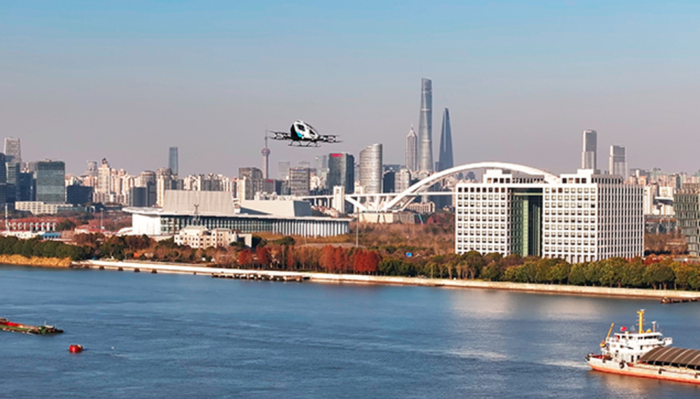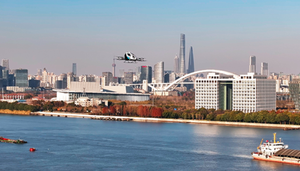Late-Night Self-Driving Taxis Launch in South KoreaLate-Night Self-Driving Taxis Launch in South Korea
Vehicles will drive themselves on major roads with four or more lanes, while a safety monitor will take control on narrower residential roads

The rollout of self-driving taxis in South Korea has taken another step forward with the introduction of the country’s first night-time service.
The after-dark self-driving cabs have launched in the Gangnam district in the southern part of the capital Seoul, the city’s Metropolitan Government has confirmed.
The vehicles include the Korando e-Motion electric SUVs from KG Mobility, the newly rebranded company formerly known as SsangYong, whose cars are a familiar sight in its home market as well as in Europe.
The fleet will comprise three EVs at launch, with a couple more used as backup, in case of malfunctions, with the intention to add more over time.
Although they will operate autonomously for the most part, they will also feature a human safety monitor. The vehicles will drive themselves on major roads with four or more lanes, with the safety monitor assuming control on narrower roads in residential areas.
Initially, the vehicles will operate across a 4.5 square mile area in Gangnam and the neighboring Seocho district, running from 11 p.m. to 5 a.m. every night. The Gangnam area has previously been used for autonomous vehicle testing by Hyundai.
Unlike the autonomous buses already in use in Seoul, the taxis will not be restricted to set routes. Each cab will be able to carry three people.
Riders will be able to hail a taxi as they normally would by using the familiar local Kakao T transportation app, but will be notified if an autonomous Korando e-Motion is available by the appearance of a specific icon when requesting a ride. The service will be free at first, although there is a plan in place to introduce fares in 2025.
For more self-driving vehicle and other embedded tech news subscribe to our free newsletter!
As has been the case with self-driving taxi services in the United States, it is expected to grow incrementally as the tech proves itself and the public accepts it.
Already wider coverage is being targeted – to include other areas such as Nonhyeon, Sinsa and Apgujeong – while more vehicles are likely to be added to the fleet and the hours of operation extended.
Yoon Jong-jang, head of Seoul’s Transportation Bureau, told local media that the introduction of the service was a major breakthrough for the city.
“As a result of the fully-fledged drive and demonstration results, we are on the verge of establishing autonomous mobility as a bona fide transport service,” he said.
South Korea has made no secret of its intent to fully embrace autonomous driving technology, with the government’s Ministry of Land, Infrastructure and Transport laying out a Mobility Innovation Roadmap in 2022 that targeted the introduction of self-driving taxis by 2025 and, even more ambitiously, for half of the new cars made locally to be fully automated by 2035.
Read more about:
AsiaAbout the Author
You May Also Like








